
From insurance to telehealth, smart contracts are finding use cases across the healthcare industry.
Smart contracts are self-executing lines of code that run atop blockchains and are triggered once a set of predetermined conditions are met. They are used to automate the execution of online agreements without the involvement of third parties. Today, they are used across many industries, including the healthcare industry.
The healthcare sector stands to benefit a lot from the widespread implementation of these self-executing programs, especially when it comes to streamlining arduous manual processes, automating bureaucratic procedures and alleviating issues caused by human error.
Today, many healthcare institutions rely on highly centralized conventional management systems to handle sensitive tasks such as record keeping, transactions and correspondences. While some traditional systems can undertake some of the tasks exceptionally well, many of them are prone to failure due to limited interoperability, susceptibility to data corruption and lack of transparency.
The good news is that smart contracts can solve many of these problems.
How smart contracts work
Smart contracts can be programmed to perform a wide range of tasks. They can, for example, be programmed to record payment information on the blockchain once a transaction is made while ensuring that only entities with permissioned access can view the details.
In the healthcare industry, companies can use smart contracts to send out staff salaries, record patient information and notify insurance companies about pending medical bills.
Smart contract programs are usually deployed in compatible runtime environments. On the Ethereum blockchain, for example, smart contract codes are executed via the Ethereum Virtual Machine, which supports the installation of decentralized applications, including smart contracts.
Smart contracts in medical records
Medical records are an essential part of patient management. Smart contracts can be used to create patient profiles on the blockchain while allowing doctors and relevant medical practitioners to view past medical records. This would allow them to come up with better treatment procedures based on a patient’s past treatment history and subsequent outcomes.
Such a setup would save lives and help doctors avoid issues related to medical negligence. Health centers can also configure smart contracts to track health complications arising from treatment side effects and encode them to share the information with partner drug manufacturing companies and medical associations that have yet to uncover the full side effects of new drugs.
It is additionally possible to have smart contracts that send patient information to insurance companies for the purposes of patient compensation claims to smooth out such processes.
Streamlining billing and collection issues
The lack of effective healthcare billing systems can present many challenges to healthcare institutions, especially when it comes to revenue cycle management. Errors related to billing and collections can hinder optimal service in the event that they cause major interruptions.
Trustless blockchain networks incorporating smart contracts can mitigate many of these challenges by ensuring elaborate checklists are implemented to avoid common errors.
Recent: Festivals in the metaverse: How Web3 projects are taking culture virtual
Such systems would be beneficial in situations where there are preexisting transparency issues. The use of multisignature smart contract fail-safes would ensure consensus within management to avoid related problems.
Additionally, the storage of billing information on the blockchain would help to prevent problems related to data loss due to the immutable nature of decentralized ledger networks.
Speed and privacy
Delayed medical information transfers sometimes lead to poor service. Smart contracts have the ability to change this by disseminating patient information across relevant departments in healthcare institutions. Some smart contract systems are able to generate unique anonymized identifiers that can be used to identify each patient without revealing their identity in order to safeguard their privacy.
Moreover, they can be set up to block unauthorized access and, at the same time, allow the scrutiny of the records by personnel, partners and regulators.
The data can also be used for numerous purposes, including clinical research.
That said, smart contracts that manage confidential patient information sometimes require periodic security audits, which can lead to the exposure of sensitive information.
Smart contracts to counter fake drugs
Hundreds of millions of dollars worth of counterfeit drugs find their way into the healthcare industry every year. The bogus drugs cause pharmacies and hospitals to suffer financial losses and sometimes also lead to the death of victims who take them. The flow of these fake medicines is enabled by dysfunctional supply chain systems that are unable to track the origin of supplied drugs.
Healthcare substitutions can use smart contracts to detect fake drugs by confirming supply chain data provided by manufacturers. The implementation of such systems would allow tracking of the drugs using custody logs as they move through the supply chain.
Because the data is stored on the blockchain, which is transparent, healthcare institutions and their suppliers can easily identify supply chain weaknesses that lead to the entry of fake drugs.
Cointelegraph had the chance to speak with Guy Newing, the founder of Immunify.Life, about this problem. His company specializes in the development of secure, self-sustaining blockchain networks for the healthcare industry. According to the executive, there are many ways of countering the issue, including withholding payments for drugs that are not from legitimate sources.
“For instance, a smart contract can be programmed such that retail drug sellers may need to only pay for items received when certain conditions that would have otherwise been tampered with at any point in the supply chain have not been tampered with. This solidifies the integrity of the drugs and healthcare ecosystem as a whole.”
Alex Pipushev, founder of blockchain services company GTON Capital, said that blockchain supply chain systems were evolving at a fast pace and will most likely cater to a wider range of healthcare services as their utility increases.
“Blockchain is a great tool for verification. The healthcare use case is amazing here because you can technically store stamps for each pill set/box in an encrypted way, and anyone who bought it from a pharmacy can verify if legit or fake medicine was sold,” he said.
Smart contracts in other aspects of health
Remote monitoring devices have revolutionized some aspects of telehealth. Today, wearable devices are able to measure important physiological elements such as a patient’s heart rate and transmit the data in real time to healthcare professionals.
Smart contracts have the capacity to not only store such data on the blockchain but also keep it confidential through encryption while ensuring that only intended recipients are able to access it.
The benefits of smart contracts are also becoming apparent in health insurance due to their ability to improve customer experiences.
For example, claims payments handled by smart contracts are typically processed at a faster rate compared to manual procedures, which can sometimes drag on for weeks.
However, there are some limitations when it comes to the use of these technologies in the sector due to constantly changing pre-contractual disclosure obligations, which require some level of human interaction.
The insurance sector is also a regulated market, so there will always be concerns, particularly regarding consumer outcomes. These challenges are further compounded by decisions made by regulators and underwriters that are, in some cases, of an extra-contractual nature.
Recent: What is tokenization and how are banks tapping into its design principles?
As such, smart contracts are presently being used in the sector for impermanent processes such as the confirmation of payments.
Smart contracts have a lot of use cases in the healthcare industry. However, the sector has been slow to embrace the new technology, which has the potential to transform how the industry works.
That said, the healthcare smart contracts market is growing. It was valued at approximately $1.6 billion in 2021 and is projected to breach the 1.78 billion mark in 2022.

You can get bonuses upto $100 FREE BONUS when you:
💰 Install these recommended apps:
💲 SocialGood - 100% Crypto Back on Everyday Shopping
💲 xPortal - The DeFi For The Next Billion
💲 CryptoTab Browser - Lightweight, fast, and ready to mine!
💰 Register on these recommended exchanges:
🟡 Binance🟡 Bitfinex🟡 Bitmart🟡 Bittrex🟡 Bitget
🟡 CoinEx🟡 Crypto.com🟡 Gate.io🟡 Huobi🟡 Kucoin.

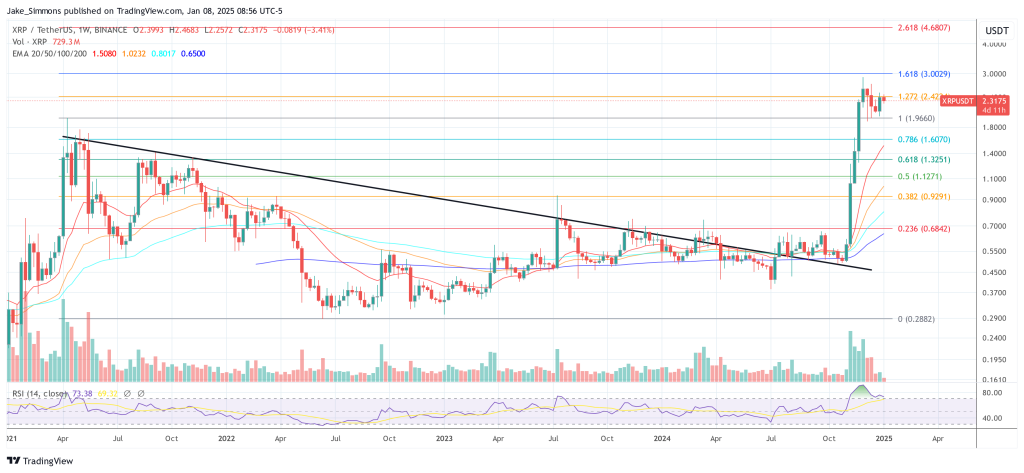


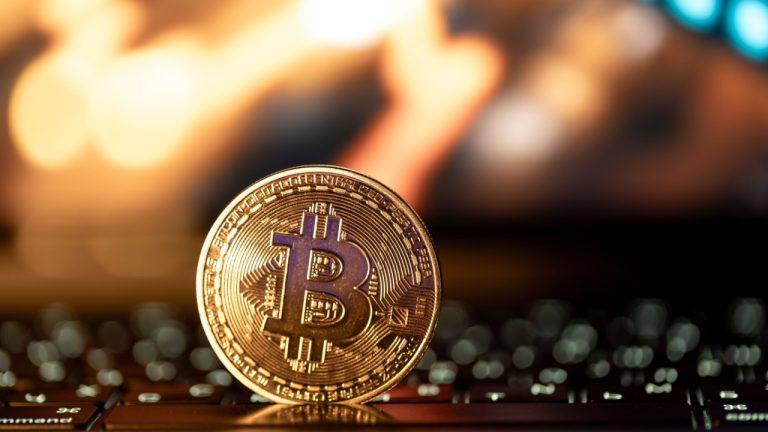
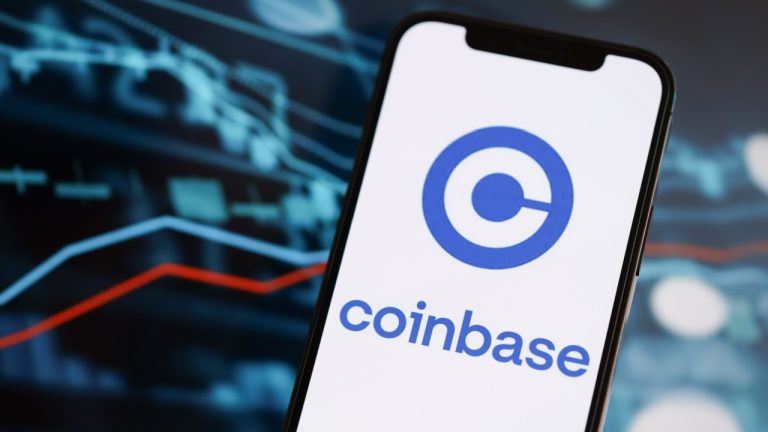
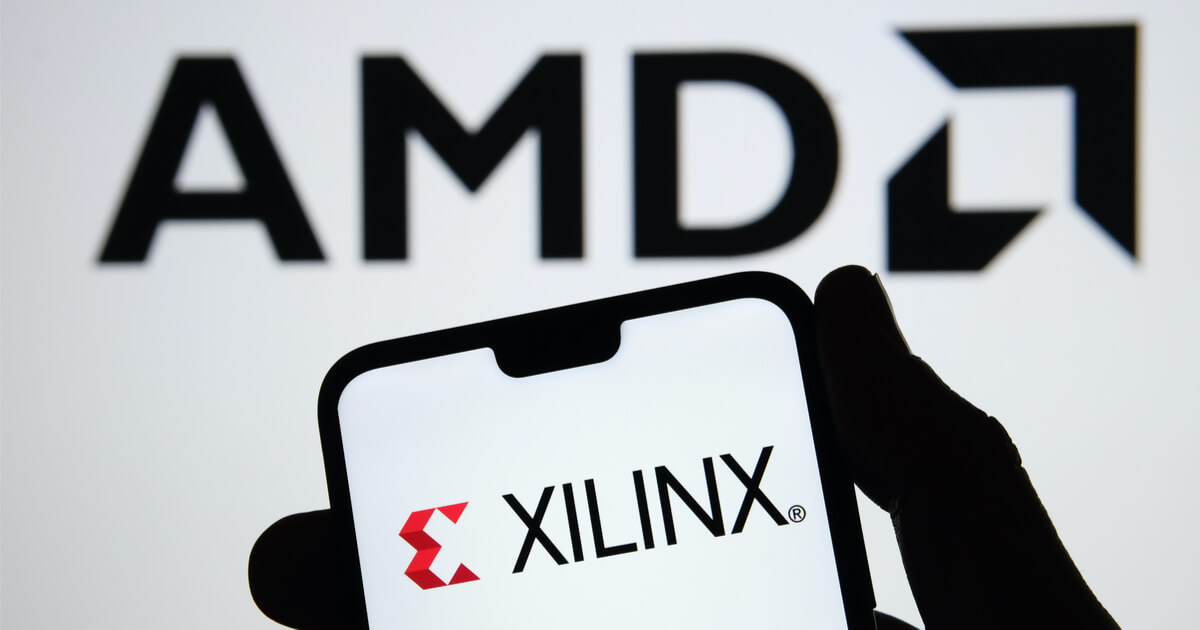

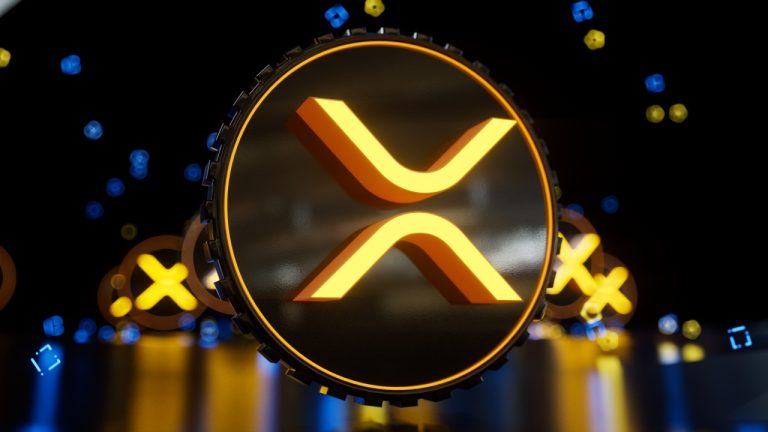



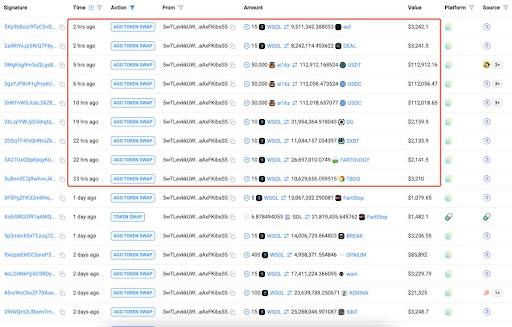
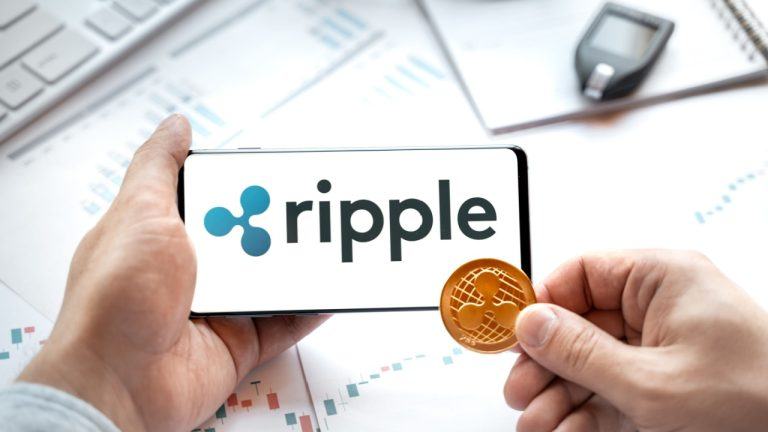




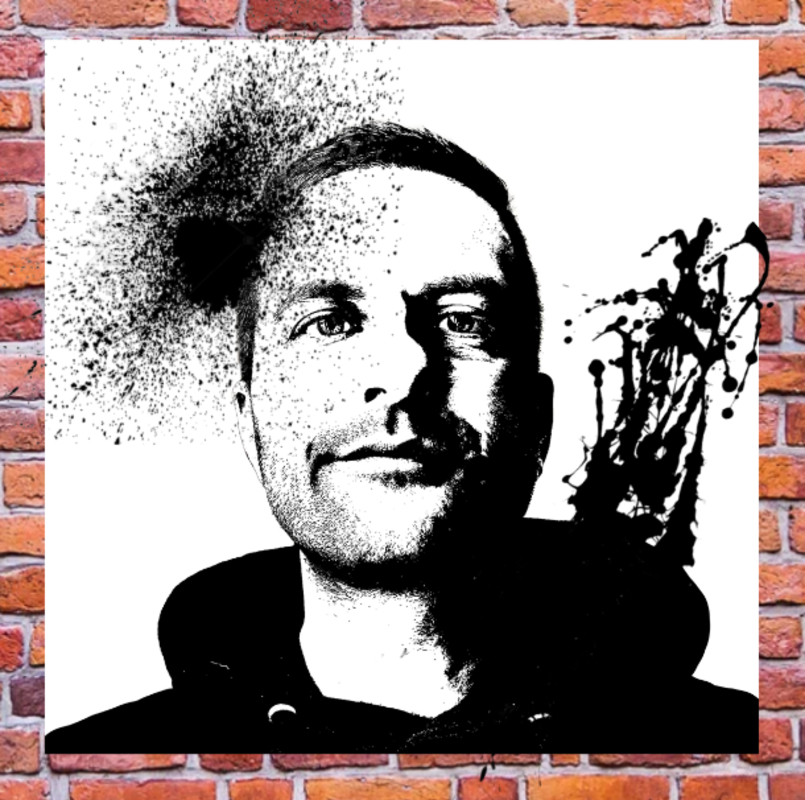

Comments